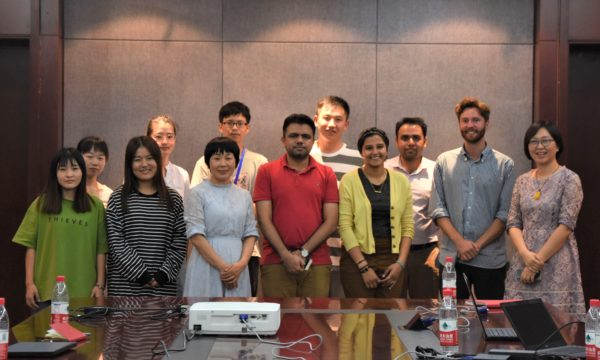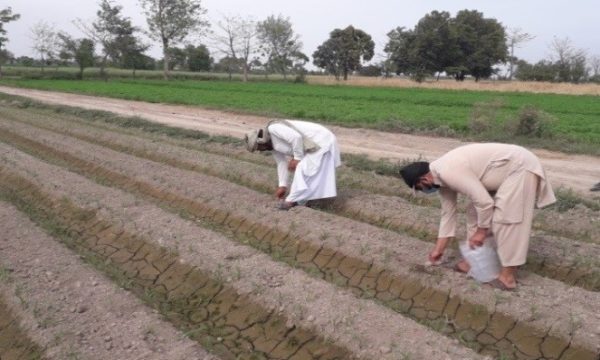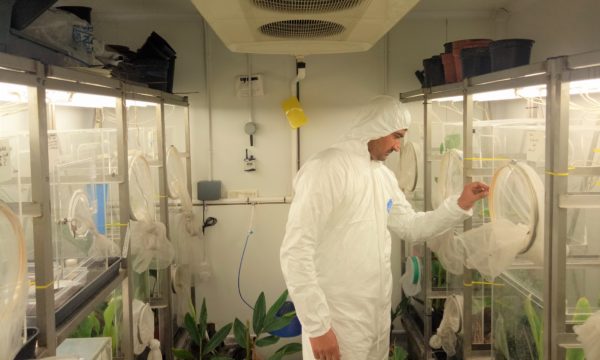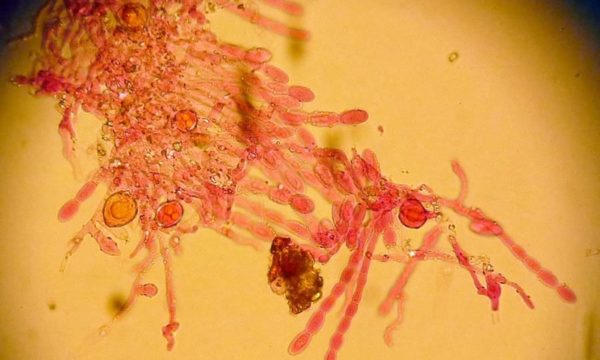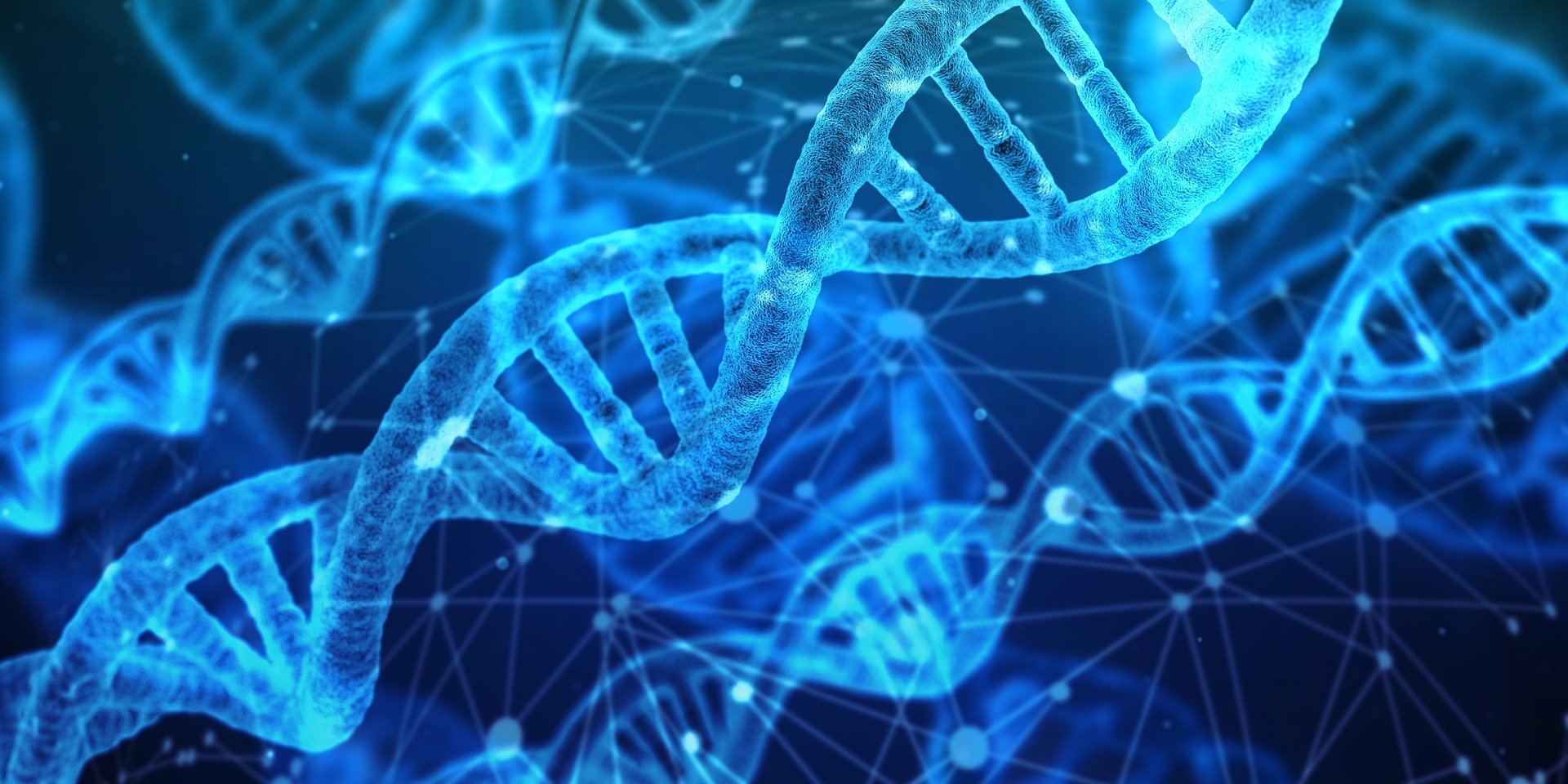
In this guest blog special, Dan Leskien, Senior Liaison Officer at the Food and Agriculture Organization of the United Nations (FAO), considers how much work still needs to be done to implement Access and Benefit Sharing (ABS) measures in respect of genetic resources…
I wish to commend CABI for its initiative to prepare and implement a policy on access and benefit-sharing (ABS) to work with their partners and various relevant communities to introduce best practice in compliance with relevant ABS measures of stakeholder countries.
D. Smith et al. describe some of the practical difficulties researchers may face when seeking access to genetic resources: “Information is often difficult to access and not always available on the ABSCH”; “[…] processes for compliant access […] are most often not transparent and easily accessible” and “[often] details are hidden away in implementing acts and in languages that prevent a general and easy understanding”.
While some of these difficulties may be typical teething problems of legislation that is not only new, but also quite innovative, the authors also refer to “unresolved global issues” and discuss some of them. There still seems to be no common understanding of which specific biocontrol research activities qualify as “utilization” (and therefore trigger or do not trigger ABS requirements). The authors therefore propose that: “the Biocontrol Community should come together to ask COP to consider the use of genetic resources for classical biocontrol as a public good and agree that the benefits that are shared are knowledge based plus facilitated access to biocontrol agents to resolve global solutions to environmental and biodiversity-related problems.”

Azolla with the biocontrol agent Stenopelmus rufinasus, a 2mm long weevil from North America
With this approach, the authors join a growing number of voices cautioning governments not to impose too stringent ABS requirements on the exchange of Genetic Resources for Food and Agriculture (GRFA) and urging them to make ABS work for GRFA. This is fully consistent with the Nagoya Protocol itself. The Nagoya Protocol explicitly recognizes the importance of genetic resources to food security, the special nature of agricultural biodiversity, its distinctive features and problems needing distinctive solutions. The Protocol also recognizes the interdependence of all countries with regard to GRFA and the special nature and importance of these resources for achieving food security worldwide and for sustainable development of agriculture in the context of poverty alleviation and climate change. The Nagoya Protocol requires Parties to consider, in the development and implementation of their ABS legislation or regulatory requirements, the importance of GRFA and their special role for food security. Parties shall also create conditions to promote and encourage research, which contributes to the conservation and sustainable use of biological diversity, particularly in developing countries, including through simplified measures on access for non-commercial research purposes, taking into account the need to address a change of intent for such research.
Over the years, FAO’s Commission on Genetic Resources for Food and Agriculture has made considerable effort to ensure that work on access and benefit-sharing for GRFA moves in a direction supportive of the special needs of the agricultural sector, in regard to all components of biodiversity for food and agriculture (see http://www.fao.org/cgrfa/topics/access-and-benefit-sharing/en/). With the International Treaty on Plant Genetic Resources for Food and Agriculture, the Commission negotiated the first international, fully operational ABS mechanism, which facilitates access to plant genetic resources under standardized conditions for ABS. The Commission and, subsequently, the FAO Conference raised issues related to GRFA at a very early stage in the negotiations of what became later on the Nagoya Protocol. In 2011, the Commission initiated work on ABS for GRFA with the aim to assist ABS policy-makers in taking into account the importance of GRFA and the different subsectors of GRFA. In 2015, the FAO Conference welcomed, as a first result of this process, the Elements to Facilitate Domestic Implementation of Access and Benefit-Sharing for Different Subsectors of Genetic Resources for Food and Agriculture (ABS Elements): http://www.fao.org/3/a-i5033e.pdf. The overall objective of the ABS Elements is to assist governments considering developing, adapting or implementing legislative, administrative or policy measures for ABS to take into account the importance of GRFA, their special role for food security and the distinctive features of the different subsectors of GRFA, while complying, as applicable, with international ABS instruments.

ABS measures are inextricably linked with the goal of ensuring food security
In 2017, the Commission decided to develop non-prescriptive explanatory notes describing, within the context of the ABS Elements, the distinctive features and specific practices of different subsectors of GRFA, to complement the ABS Elements. Following an international workshop on ABS for GRFA (Proceedings: http://www.fao.org/3/CA0099EN/ca0099en.pdf), the Commission’s intergovernmental technical working groups on animal, aquatic, forest and plant genetic resources and the Commission’s Team of Technical and Legal Experts on ABS prepared draft explanatory notes to the ABS Elements, for consideration by the Commission at its next session that will be held from 18 to 22 February 2019 at FAO Headquarters. Also involved in this process was a newly created expert group on micro-organism and invertebrate GRFA which provided detailed advice on ABS for biological control organisms: http://www.fao.org/3/CA1994EN/ca1994en.pdf.
Developing and implementing ABS measures is work in progress. It is crucial to continue with the work to facilitate research and development and, at the same time, make ABS work for GRFA. CABI, together with many other institutions, can make an important contribution to this process.
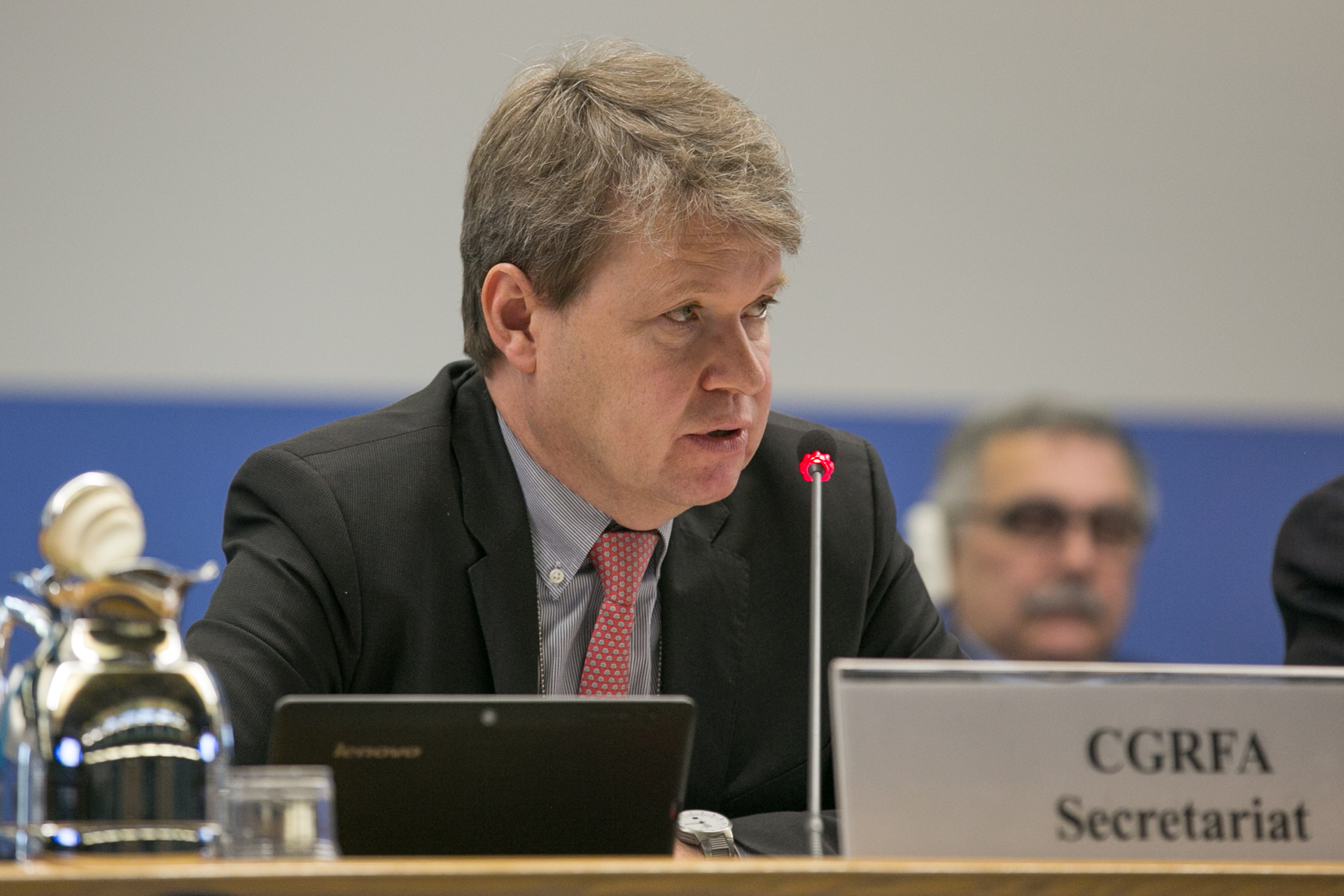 Dan Leskien is Senior Liaison Officer, Commission on Genetic Resources for Food and Agriculture, Food and Agriculture Organization of the UN. He has written extensively on ABS in respect of the Nagoya Protocol.
Dan Leskien is Senior Liaison Officer, Commission on Genetic Resources for Food and Agriculture, Food and Agriculture Organization of the UN. He has written extensively on ABS in respect of the Nagoya Protocol.
Additional information
Read more about how CABI has stepped up measures to ensure its research with genetic resources from around the world can be shared with others to improve yields in global agriculture while at the same time supporting the conversation of biodiversity.
Learn more about the FAO’s role in genetic resources.
Take a look at previous blog ‘Navigating the Nagoya Protocol: CABI’s commitment to Access and Benefit Sharing of genetic resources.’
Relevant paper
CABI scientists Dr David Smith, Dr Hariet Hinz, Dr Joseph Mulema, Dr Philip Weyl and Dr Matthew Ryan co-authored a paper published in Biological Science and Technology ‘Biological control and the Nagoya Protocol on access and benefit sharing – a case of effective due diligence.’ DOI: 10.1080/09583157.2018.1460317
Related News & Blogs
Transforming agriculture with drones: empowering youths for a sustainable future
On this UN World Youth Skills Day 2023 (Saturday, 15 July), we celebrate the transformative power of skill development in shaping the lives of young individuals and creating a brighter future, writes Violet Ochieng’ – winner of the Carol Ellison Scienc…
14 July 2023

